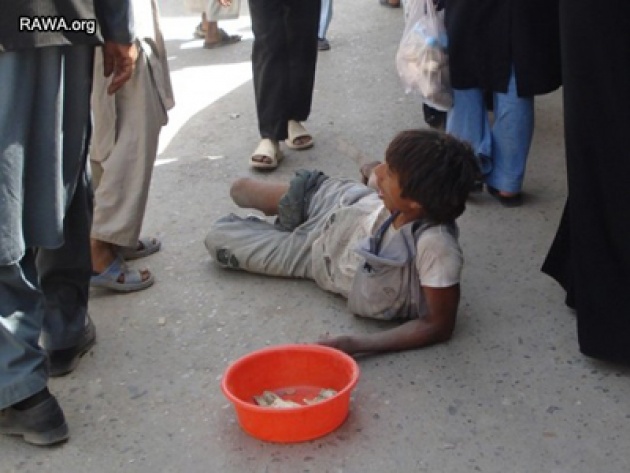Policy recommendations for educating children with disabilities in Afghanistan that would be implemented in every PATHS laboratory school for disabled children:
- PATHS school will serve boys and girls with a wide-range of disabilities in grades K-12, with respect for religious preferences to separate genders.
- Operation Exceptional Child will provide assistive communicative and mobility devices to all students where appropriate. It is vital to note that without these assistive technology devices children with disabilities are unable to rise to their full potential or fully recognize an improved quality of life and greater independence.
- A comprehensive program that supports the inclusion of disabled children in their communities through greater involvement in community affairs at all levels (where age appropriate) including village, district, and national to ensure equal participation and a greater stake in their own destiny.
- Operation Exceptional Child will include access to an early intervention program to ensure that children with disabilities will have the capacity to enjoy educational opportunities beginning at the kindergarten level. Early intervention services will include education and health care for children deemed high-risk. These services will be holistic, assisting the entire family since the home environment plays such a big role in a child's overall development, health, and welfare.
- In addition to academics, PATHS’ students will also study independent living skills and social integration within the broader community.
- Curriculum will also consist of comprehensive vocational training for all students in the upper grades (9-12) and will respond to genuine market needs within the community with special considerations given to assistive technology and job modifications in an effort to achieve successful job placement of the student.




